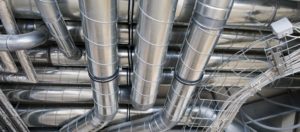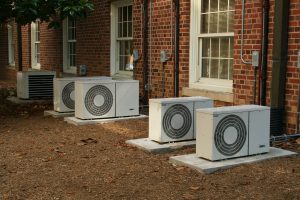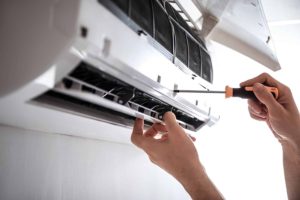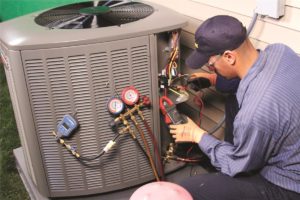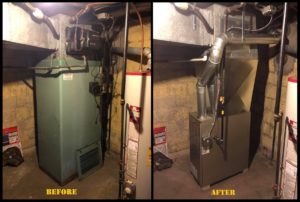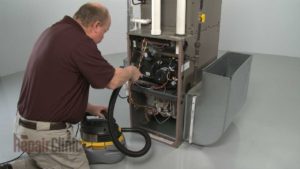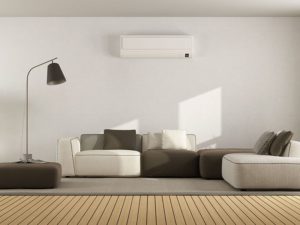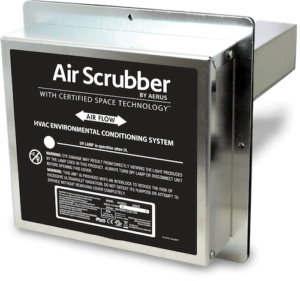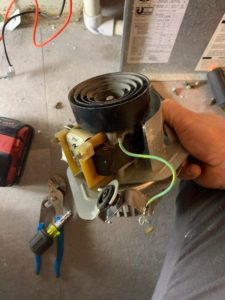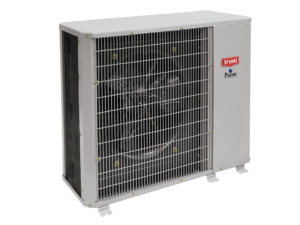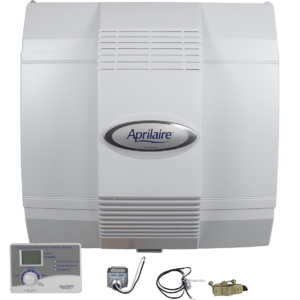Hot Water Heaters
Traditional and tankless water heaters
Traditional water heaters are reliable source of hot water, but it also has some cons. Kai’s Heat & Cool Inc are always looking for modern, green, up to date solutions to make our customers happy for the choices they make. To meet every customer needs we offer traditional propane hot water heaters, electric water heaters and tankless.



What Is a Tankless Water Heater?
Tankless water heaters provide hot water on demand, making them more energy-efficient than traditional-style storage tank water heaters. Coldwater travels through the tankless unit and is heated using gas or electricity, providing a hot water supply that will last until you turn off the tap. Because of this, they are also known as instantaneous or demand-type water heaters.
Energy Efficient: The U.S. Department of Energy reports a tankless water heater is 24% to 34% more energy-efficient than storage tank water heaters—as long as you use around 41 gallons per day. However, even if you double that amount, they are still 8% to 14% more efficient. Even up to 50% energy savings is possible if you install a tankless water heater at every location where you use hot water. Compared to a storage-tank water heater, this is a huge improvement.
Saves Space: Not having a storage tank means tankless water heaters are small and thus, are a great option if you’re looking to free up space in your home, or if you have limited room.
Hot Water Supply: Since tankless water heaters heat cold water to demand, it’s possible to have hot water indefinitely as long as you keep the tap running. While there are some limitations, in theory, a tankless water heater could let you take a hot shower for as long as you’d like without ever getting cold.
Cons
Limited Hot Water for Multiple Outlets: A tankless water heater can only heat so much water at a time. If you demand more hot water than the unit can generate—for instance if you run the dishwasher, washing machine and shower at the same time—the temperature of the water will fluctuate, since the heater is trying to provide for all three locations at once. It is possible to work around this issue by installing more than one unit or using less hot water.
Power Outage: Because tankless water heaters, even gas models, need electricity in order to run and regulate, if the power goes out, then so does your hot water. If you live in an area prone to outages, a tankless water heater may not be the best choice.
Unit Cost
A tankless water heater costs more upfront—both for the unit and installation—than a traditional storage tank water heater. While the expense may deter you at first, keep in mind that a tankless water heater—with its longer lifespan and energy savings—will pay for itself in just a few years.
Traditional hot water heaters
Conventional hot water heaters are a big part of our business. We gladly offer all kinds of water heaters that are available in the market to meet our customer needs.





